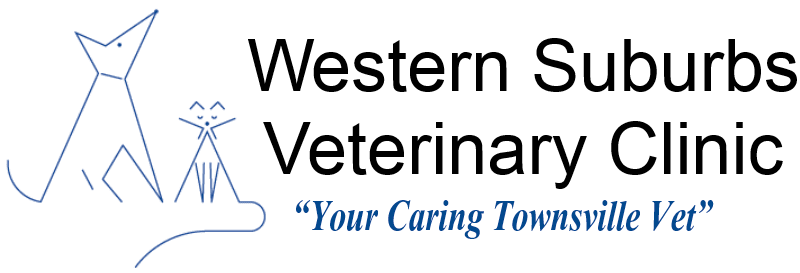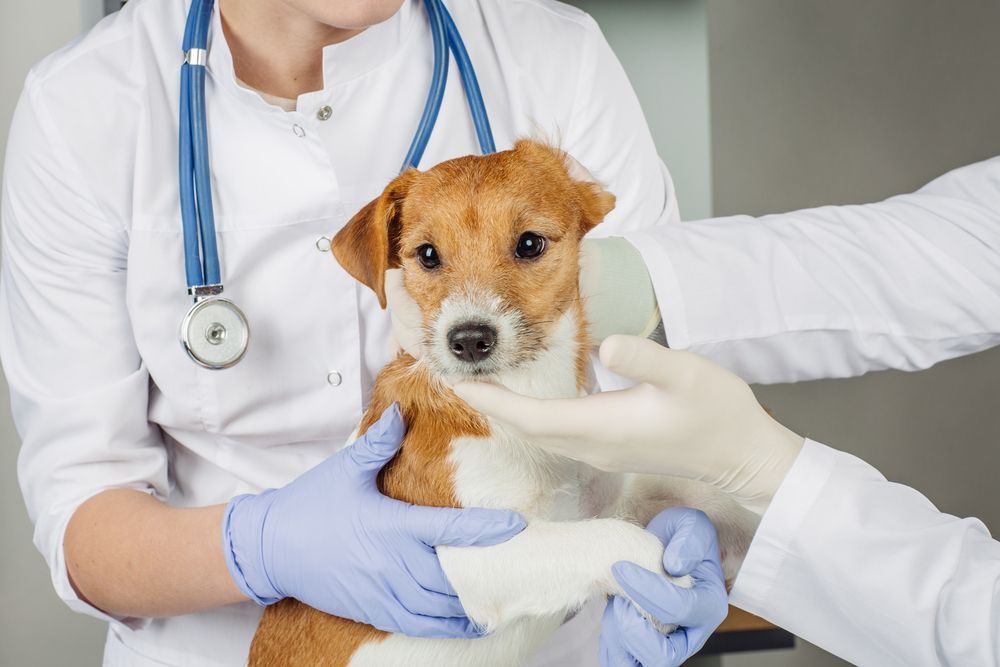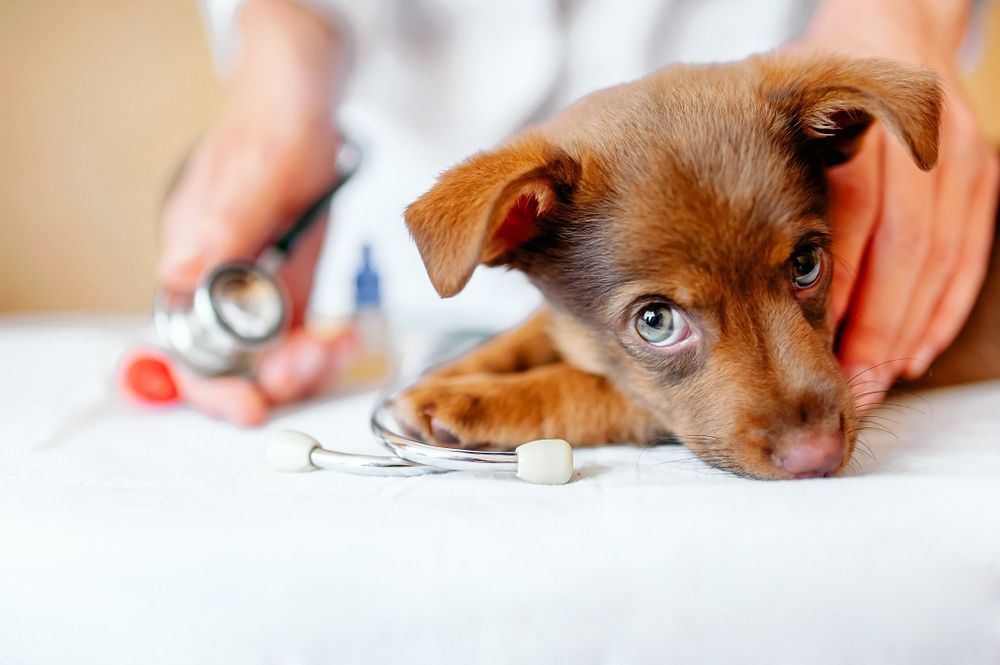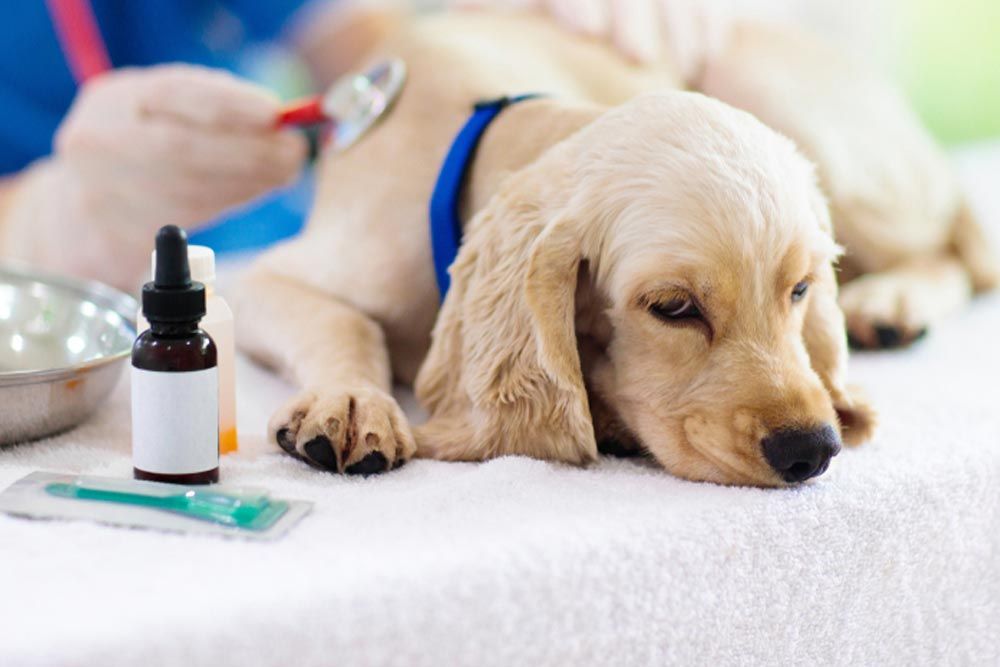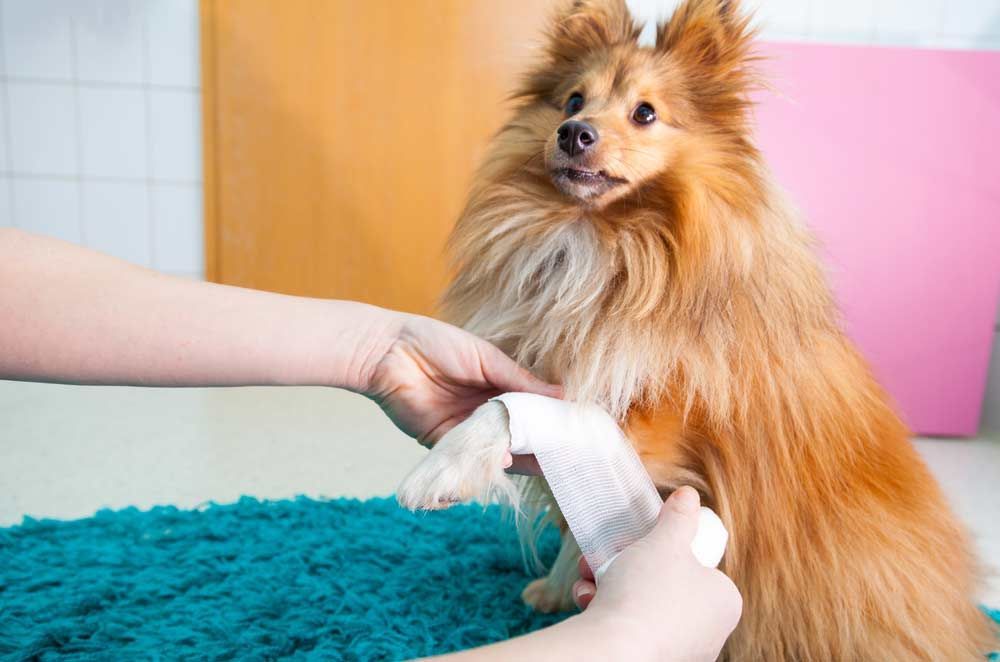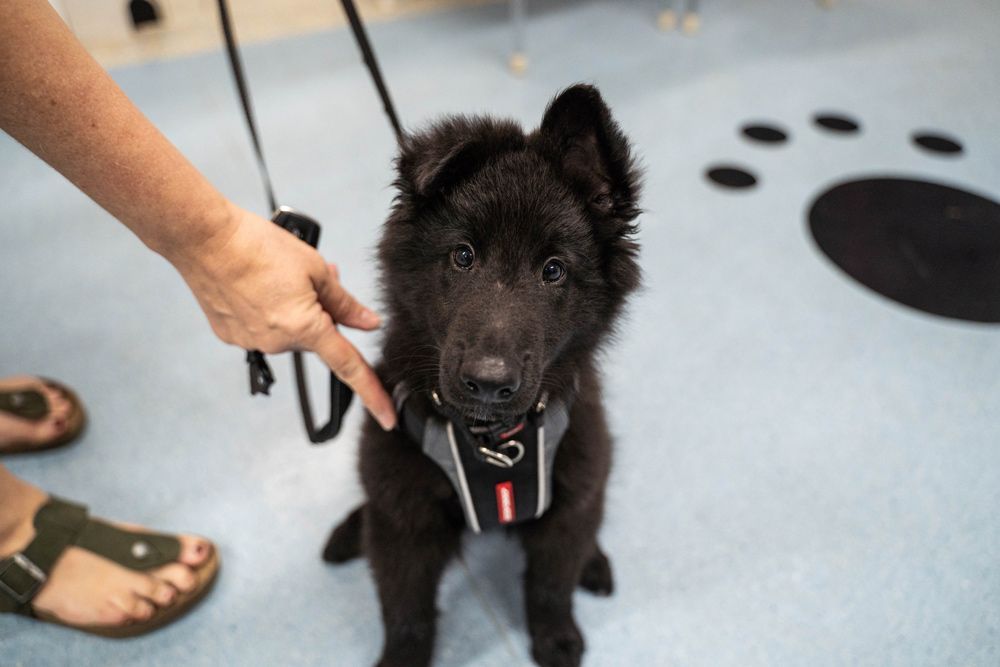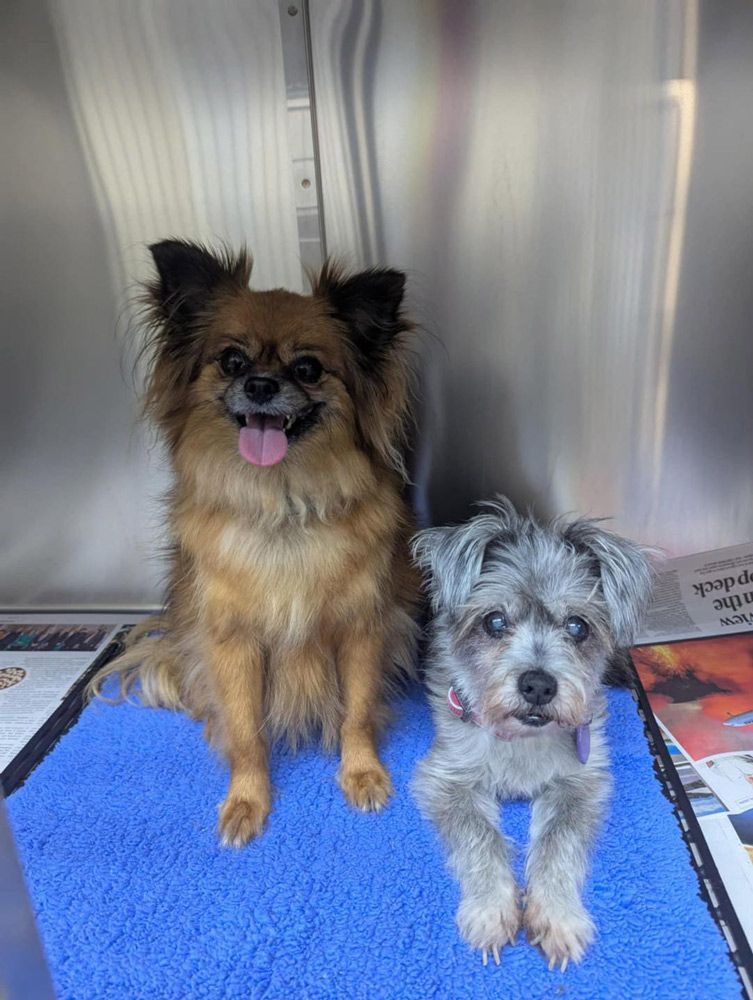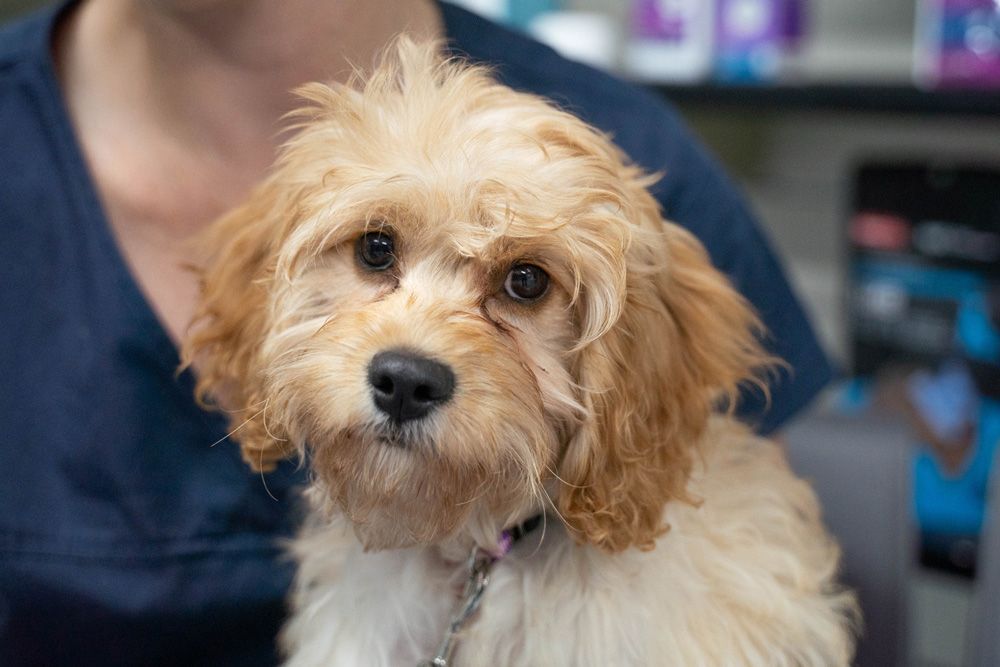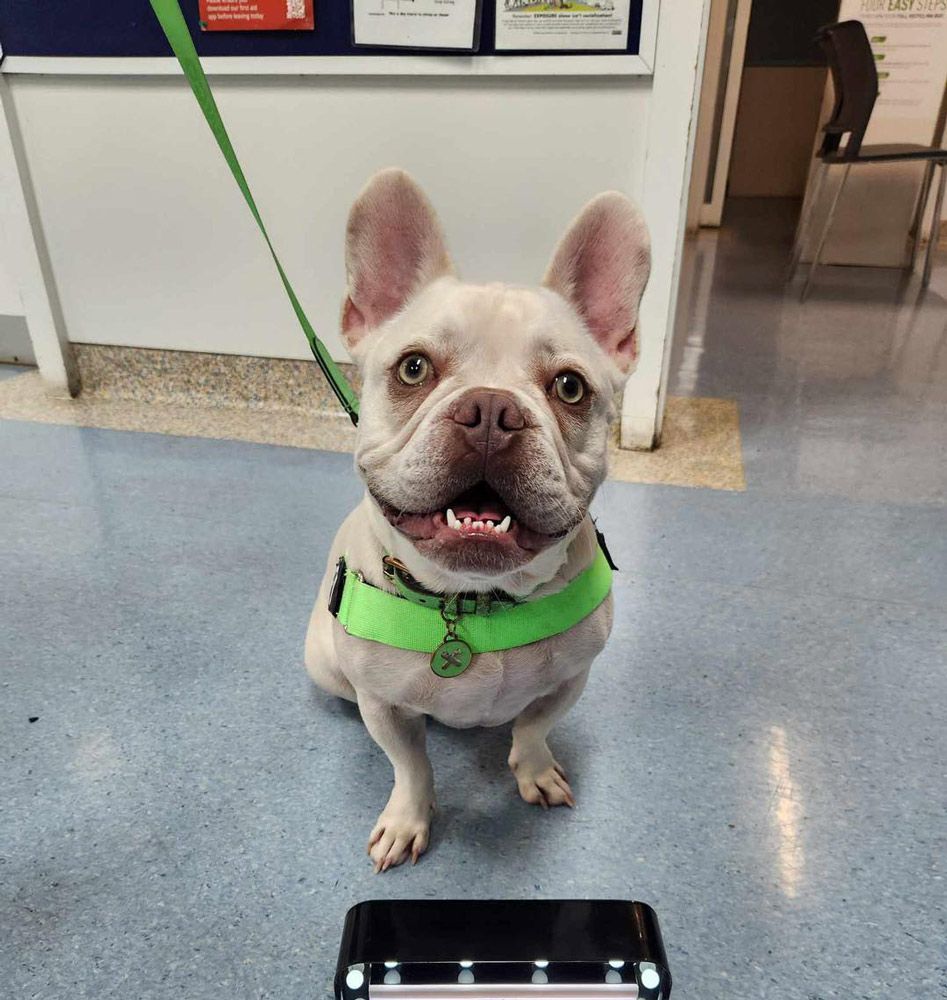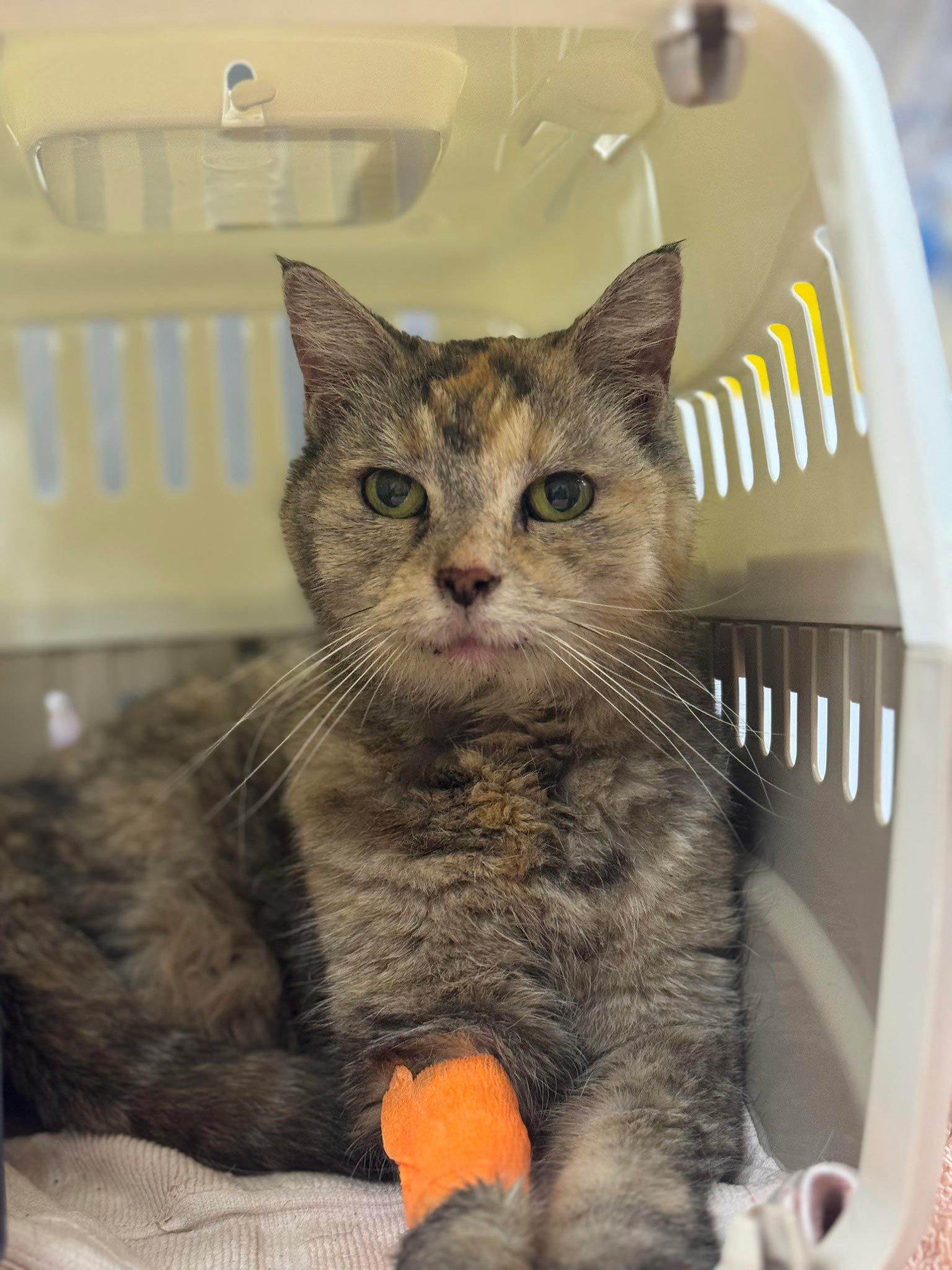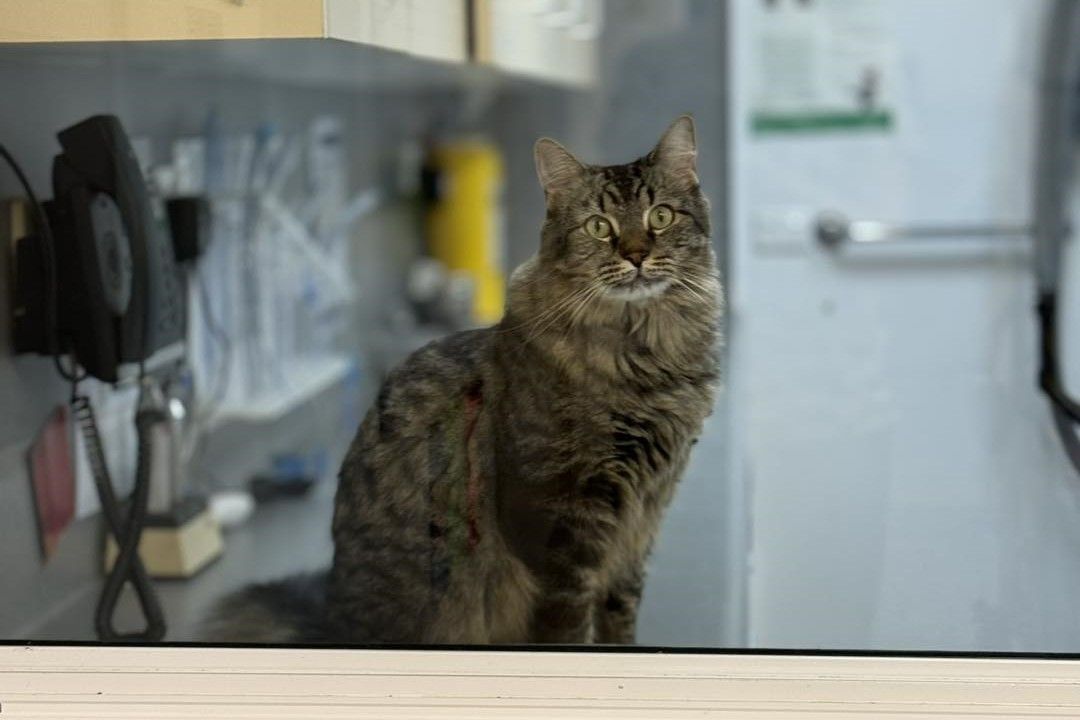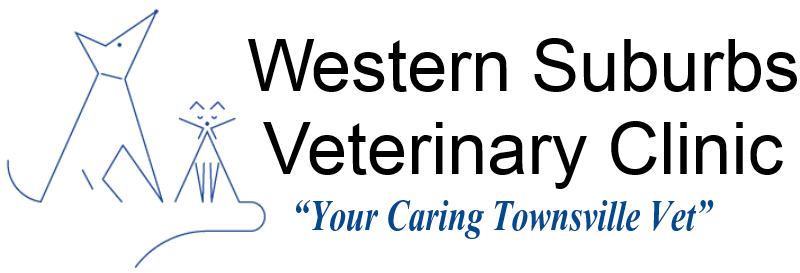5 Tips to Help Your Pet With Surgery Recovery
Is your pet about to undergo surgery and you’re feeling anxious about their recovery? Post-surgery care can feel overwhelming, but with the right approach, you can help your furry friend heal smoothly. Whether it’s a simple procedure or something more complex, following your vet’s advice is essential. In this blog, we’ll cover five tips to support your pet through their recovery, creating a calm and stress-free environment for them to recuperate in comfort.
1. Prepare a Comfortable Recovery Space
Before bringing your pet home, prepare a quiet, comfortable area where they can rest and recover without being disturbed. This space should be away from high-traffic areas in your home to prevent stress and encourage rest. Soft bedding will provide comfort while limiting their movement, which can help prevent injury. Block off stairs or other hazards that could cause harm and make sure the area is warm, as pets often feel cold after surgery.
Tip: Try to keep your pet’s food and water within reach, as this can help them avoid too much movement during the early days of recovery.
2. Keep Your Pet Calm & Restrained
Energetic pets might be eager to resume their normal activities, but it’s important to keep them calm and restrict movement during the recovery period. Avoid letting them run, jump or engage in any strenuous play that could affect the healing process.
Interactive toys like puzzle feeders can be useful to keep their minds occupied without physical exertion. Additionally, your vet may recommend a crate or small space to restrict movement, ensuring that your pet stays relaxed and safe.
3. Follow the Recommended Dietary Plan
Diet can play a significant role in your pet’s recovery. Your veterinarian may recommend a special diet post-surgery to support healing. Ensure you follow their guidance, particularly regarding portion sizes and any restrictions on food or water. Some pets may experience nausea or lack of appetite after surgery, so offering small, frequent meals may help.
If your pet is reluctant to eat, it’s important to remain patient and try gentle encouragement. Never force-feed or give them treats not approved by the vet during this time.
4. Monitor the Incision Site & Watch for Signs of Infection
Checking your pet’s incision site regularly is key to ensuring proper healing. Look for any signs of redness, swelling, discharge or foul odour, as these could indicate an infection.
Your vet may provide an Elizabethan collar (or “cone”) to prevent your pet from licking or biting the wound. Although your pet may find it uncomfortable, the collar is important in preventing complications. If you notice anything unusual, contact your vet immediately for advice.
5. Stick to Follow-Up Appointments With Your Vet
Follow-up appointments are essential to monitor your pet’s progress and ensure that their recovery is on track. Your vet will assess the incision site, address any concerns and may adjust your pet’s treatment plan if necessary. These appointments also give you the opportunity to ask any questions about your pet’s behaviour, diet or healing process.
Book Your Pet’s Post-Surgery Check-Up Today
At Western Suburbs Vet Clinic, we understand how important your pet’s well-being is. Our Townsville vet clinic offers surgical services, post-operative care and compassionate support for pet owners. If you have concerns or need assistance with your pet’s recovery, our veterinary clinic is here to help you every step of the way.
